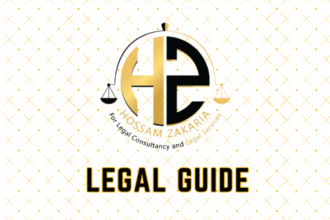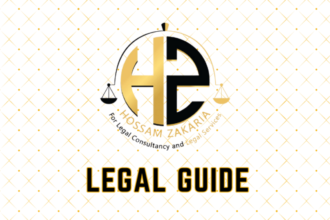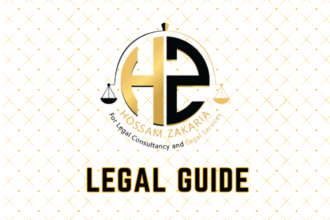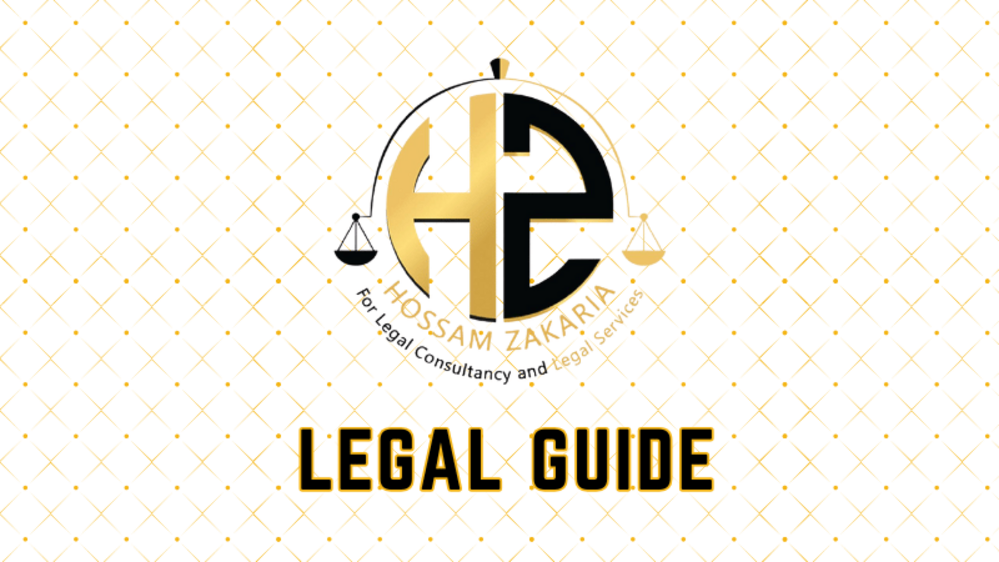Introduction
The United Arab Emirates has long positioned itself as the commercial, financial, and arbitration hub of the Middle East. In a rapidly evolving business landscape, arbitration stands as the preferred mechanism for dispute resolution, especially among international corporations and local enterprises alike. The enforceability of arbitral awards within the UAE, however, has historically posed both opportunities and complexities. With the recent 2025 amendments to the UAE Arbitration Law (Federal Law No. 6 of 2018, as amended) and significant updates aligned with Federal Decree-Law No. 42 of 2022 (Civil Procedures Law), the landscape for arbitral awards and their enforcement has seen pivotal changes.
For businesses operating within the UAE or with commercial ties to the region, a thorough understanding of these updates is crucial. The 2025 regulatory reforms reflect the UAE’s ongoing commitment to aligning its arbitral framework with international best practices while also safeguarding its domestic legal policy interests. This article, developed for executives, HR managers, legal professionals, and business leaders, provides a comprehensive legal analysis of the UAE’s updated regime for arbitral awards and enforcement, practical compliance guidance, and actionable strategies for organizations to thrive in the current regulatory environment.
Table of Contents
- UAE Arbitration Law and 2025 Updates: An Overview
- Foundations of Arbitral Awards in UAE Law
- Enforcement of Arbitral Awards: Procedures and Recent Changes
- Key 2025 Reforms: Old vs. New Provisions
- Practical Implications and Compliance Strategies for Businesses
- Case Studies and Real-World Application
- Risks of Non-Compliance and How to Mitigate
- Conclusion and Forward Outlook
UAE Arbitration Law and 2025 Updates: An Overview
Legal Background and Authorities
UAE arbitration is primarily governed by Federal Law No. 6 of 2018 (UAE Arbitration Law), extensively amended by the 2025 update to foster a more efficient and internationally competitive dispute resolution environment. The underpinning legal foundation is further supplemented by:
- Federal Decree-Law No. 42 of 2022 (Civil Procedures Law)
- The New York Convention (ratified by UAE in 2006)
- Cabinet Resolution No. 57 of 2018 (concerning the executive regulations of the Civil Procedures Law), amended by Cabinet Resolution No. 75 of 2021
The 2025 legislative reforms focus on enhancing the recognition and enforcement of both domestic and foreign arbitral awards, streamlining judicial oversight, and introducing mechanisms that limit frivolous challenges or unjustified delays by award debtors.
Foundations of Arbitral Awards in UAE Law
Understanding Arbitral Awards: Core Requirements
To qualify for enforcement in the UAE, an arbitral award must:
- Originate from a valid arbitration agreement
- Be rendered by a duly constituted tribunal under a recognized procedural framework
- Not contravene UAE public order or morals
- Comply with formal drafting requirements specified in Article 41 of the UAE Arbitration Law
| Requirement | Details |
|---|---|
| Arbitration Agreement | Must be in writing and signed by authorized representatives |
| Tribunal Competence | Arbitrators must be impartial, independent, and qualified per Article 10-11 of Federal Law No. 6/2018 |
| Public Policy | The award cannot violate UAE public order or mandatory law |
| Formalities | Written, signed, and reasoned award (unless otherwise agreed by parties) |
2025 Enhancement: Digitalization and Electronic Awards
The 2025 amendments recognize electronic signatures and digital awards. This digital transformation aligns with the UAE’s Smart Government vision and enhances the enforceability and accessibility of awards rendered by virtual tribunals or e-signatures, provided security and authenticity requirements are met.
Enforcement of Arbitral Awards: Procedures and Recent Changes
The Enforcement Route: From Issuance to Judicial Recognition
The process for enforcing an arbitral award in the UAE typically follows these steps:
- Application to Court: The creditor submits the award, arbitration agreement, and supporting documents to the UAE Court of Appeal (or, as of 2025, the newly established Special Chamber for Arbitration).
- Judicial Scrutiny: Within 15 working days as per the new amendment, the court reviews for formality compliance and public policy considerations only.
- Issuance of Recognition Order: If no grounds for refusal exist, the court issues an enforcement order. If objections arise, they must be resolved within 30 working days (shortened from 60 days previously).
2025 Procedural Updates: What’s New?
- Introduction of the Special Arbitration Chamber: Federal Decree-Law No. 15 of 2025 mandates specialist judges for arbitration matters, reducing delays and ensuring consistency in application.
- Timeframe Reductions: The period for challenging or responding to enforcement (‘available defenses’) has been halved—supporting the goal of expeditious dispute closure.
- Expanded E-Filing Capabilities: Parties may now submit all arbitration-related documents electronically, including in foreign languages with certified translation.
- Clarified Public Policy Exception: The amended Article 53 clarifies what constitutes a violation of UAE public policy, reducing uncertainty and scope for opportunistic challenges.
Key 2025 Reforms: Old vs. New Provisions
Below is a comparative overview of crucial changes brought by the 2025 updates, structured for tangible clarity:
| Regulatory Aspect | Pre-2025 Law | 2025 Update |
|---|---|---|
| Filing Mechanism | Physical court submission required | E-filing and online document management allowed |
| Enforcement Court | Court of Appeal | Special Arbitration Chamber (expert judges) |
| Challenge Period | 60 days | 30 days |
| Public Policy Review | Broad judicial discretion | Clear legislative criteria for ‘public policy’ |
| Recognition of Electronic Awards | Unclear, discretion-based | Explicit recognition and enforceability |
| Language/Translation | Arabic required, ad hoc translation accepted | Official translation required, with new e-certification acceptance |
Visual Suggestion
Suggested Visual: A process flow diagram illustrating the new streamlined enforcement pathway from arbitral award issuance to judicial recognition, highlighting reduced timeframes and e-filing steps for clarity.
Practical Implications and Compliance Strategies for Businesses
Application Scenarios
Scenario 1: A construction company in Dubai receives a favorable award against a subcontractor based overseas. Under the revised regime, electronic award documents and translation can be submitted online, and any resistance to enforcement must be raised and resolved within stricter, shorter statutory windows.
Scenario 2: An international investor wins an award at the Dubai International Arbitration Centre (DIAC). The new public policy definitions reduce the risk of the award being refused for vague policy reasons, improving cross-border enforceability.
Compliance Checklist
| Action | 2025 Law Reference | Consultancy Insight |
|---|---|---|
| Include robust arbitration clause | Article 7, Federal Law No. 6/2018 | Draft precise, enforceable clauses to avoid disputes over jurisdiction |
| Choose reputable institutions | Article 10-12, 2025 update | Opt for DIAC, ADGM, ICC or similar to bolster legitimacy |
| Ensure electronic compliance | Article 41 (amended) | Prepare for e-signature, online communication, and certified e-translations |
| Monitor challenge deadlines | Article 55, new 30-day period | Swiftly respond to challenges and act within compressed timeframes |
Recommendations for Practice
- Maintain digital archives of all arbitration proceedings and related documentation
- Engage legal counsel with arbitration expertise and familiarity with e-filing protocols
- Include provisions in contracts that anticipate potential enforcement barriers, especially relating to public policy and choice of law
Case Studies and Real-World Application
Case Study 1: Enforcing a DIAC Award in Abu Dhabi Post-2025
In 2025, Company A secures a DIAC award against Company B. The award is signed electronically. Company A files for enforcement at the new Special Arbitration Chamber. Within 15 days, the chamber verifies that all award documents are electronically certified and formally compliant. A challenge from Company B, alleging that the award violates local employment regulations, is dismissed as the amended law clarifies this issue as unrelated to ‘public policy.’ Within 30 days, enforcement is ordered, demonstrating the efficiency and transparency of the 2025 regime.
Case Study 2: Mitigating Risks in Cross-Border Agreements
Company X, a UAE-based export firm, drafts a new cross-border contract post-2025. The arbitration clause now mandates English as the arbitration language and requires an official Arabic e-translation for enforcement. This foresight, grounded in the 2025 requirements, prevents costly enforcement delays and procedural challenges.
Risks of Non-Compliance and How to Mitigate
Non-Compliance Consequences
- Delayed or Denied Enforcement: Failure to comply with formalities or e-filing requirements can halt recognition of awards, exposing businesses to financial risk.
- Increased Litigation Costs: Improper documentation or missing challenge windows forces parties into unnecessary court battles.
- Negative Business Reputation: Persistent failure to honor awards can affect a company’s credit rating and relationship with regulators or partners.
Mitigation Strategies
- Audit arbitration agreements for statutory compliance and enforceability under UAE law
- Digitize documentation and adapt to new e-filing and e-signature standards
- Educate internal teams on compressed challenge and filing periods
- Consult with accredited UAE legal advisors for tailored advice and risk management
Conclusion and Forward Outlook
The 2025 updates to the enforcement of arbitral awards in the UAE are transformative, ushering in a regime that is more efficient, transparent, and internationally aligned. Businesses must now focus on robust compliance—not only in drafting arbitration agreements but also in embracing digital procedures and quickly responding to disputes. The creation of the Special Arbitration Chamber and the digitization of submission mechanisms are set to reduce chronic delays and enhance legal certainty. Organizations that proactively update their compliance frameworks will be best positioned to leverage the UAE’s ecosystem for secure, swift dispute resolution. In a global economy where time, certainty, and enforceability drive competitive advantage, mastering the new UAE arbitration landscape is not optional—it is essential for informed, forward-thinking enterprises.
Visual Suggestion: Compliance Checklist Table
Alt Text: “Arbitral awards compliance checklist for UAE law updates in 2025, table summarizing key steps for businesses.”
Caption: “Stay compliant with the latest UAE arbitral award enforcement rules using this essential checklist.”
Description: “This visual highlights the crucial compliance steps businesses must take under the 2025 UAE arbitral award enforcement reforms. It succinctly outlines updates to documentation, e-filing, challenge periods, and other new procedural requirements, offering a quick-reference guide for legal teams and executives managing arbitration matters in the UAE.”



